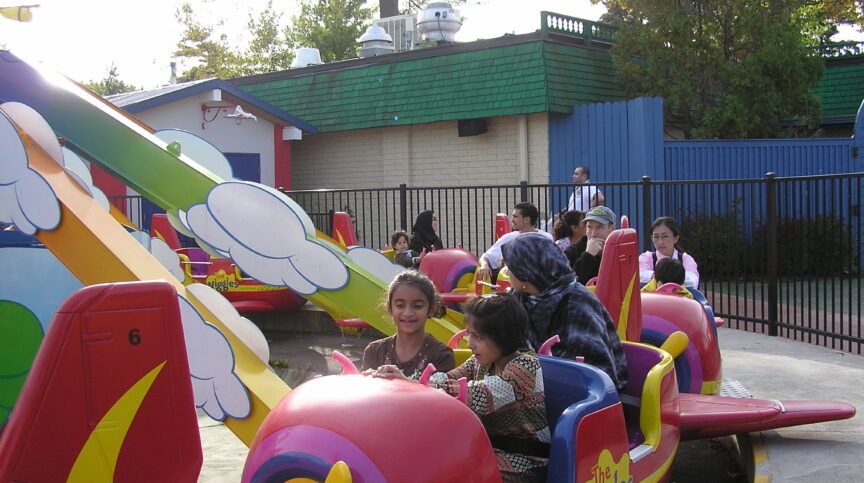Want Your Child to Grow in Confidence, Maturity, and Responsibility?
Prophet Muhammad (pbuh) said: “Make [things] easy, not difficult…” (Bukhari). He (pbuh) also said, “Woe to those who exaggerate [who are too strict]!”(Bukhari). He (pbuh) also said: “Moderation, moderation! For only with moderation will you succeed” (Muslim).
Authoritarian Parenting
- Parents’ role comes across to the children as despotic (absolute and dictatorial power over the child)
- Strict rules and expectations which tend to be rigid and inflexible
- Children are expected to be unconditionally obedient and unquestioning of parental demands
- Parents feel it is their right to be respected by the child regardless of their own behavior; little or no consideration is given to the right of the child to be respected by the parent
- High expectations are placed on children regarding their performance academically and in reaching any other goals set in place by parents
- Little warmth or nurturing is expressed by the parents
- Punishments are meted out with little or no explanation; with the aim of making the child “pay” for his/her mistake or non-compliance; punishments can be harsh, unrelated to the infraction, and inconsistent
- Children are not given choices or options; complete control is exercised over the child
Permissive Parenting
- Parents often seem more like a friend than a parent
- Few rules or standards of behavior are put in place and when there are rules, they are often very inconsistent
- Bribery with toys, gifts, and food are used as a means to get child to behave
- Abundant love and nurturing of the children is expressed without the balance of discipline
- Few expectations are placed on children with regard to academic performance or other goals
Authoritative Parenting
Authoritarian and permissive parenting styles are seen as being opposite extremes. In between the two is the authoritative parenting style.
So don’t use an authoritarian or permissive parenting style — choose Authoritative Parenting
- Parent comes across to the children as role model, teacher, and guide
- Rules are established and limits are put in place; expectations about children’s behavior and goals are expressed and discussed; flexibility and willingness to make adjustments are utilized as needed or appropriate
- Children are expected to be obedient but parents are willing to listen to the children and allow their expression of opinion as a way to encourage good communication skills, independence, responsibility, and self-direction
- Parents feel it is their right to be respected by the child but also believe that the respect must be deserved based on their own proper and fair behavior toward the child; equal consideration is given to the right of the child to be respected by the parents
- High expectations are placed on children regarding their performance academically and in reaching any other goals set in place by parents, often in collaboration with the child
- Warmth, caring, and nurturance are freely and frequently expressed
- Consequences are used as a means to teach greater self-discipline and responsibility rather than as a rote punishment of the child; parents administer fair and consistent discipline and are willing to explain the natural connection between the infraction and the consequence
- Children are encouraged to discuss options, make choices, and develop the capacity for decision-making and self-regulation in daily living
Contributed by LivingEman.com





